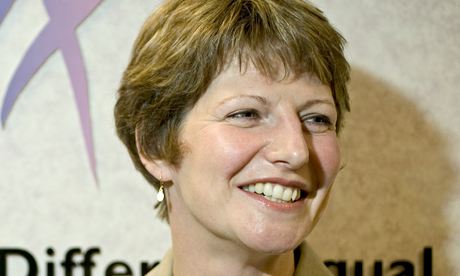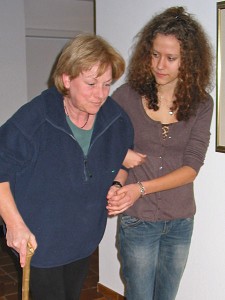Older people might be “suffering in silence” under NHS care because they are reluctant to complain about the care they receive, the parliamentary and health service ombudsman for England has said.
Dame Julie Mellor believes over-65s either fear a backlash if they raise issues or don’t like making fuss, meaning watchdogs are only seeing the tip of the iceberg of serious failings.
“Older people are some of the most frequent users of the NHS but they are less likely to complain about treatment and care when standards slip to unacceptable levels,” Mellor said in an article for the Daily Mail on Monday.








